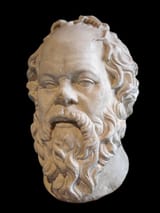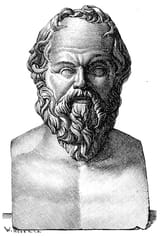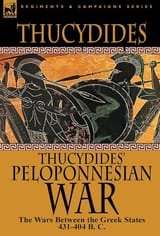>>24553986Haven't read all of these, but have read some of them
>Iliad and Odyssey of HomerGreat fun, form the backbone of the greeks constant references to their mythology. I haven't read Hamilton's Mythology book but I assume it's about the greek myths, I myself read Apollodorus' Bibliotheca and Hesiod for that.
>Plays of Sophocles, I think you should include in here all the rest of the Greek Playwrights, Aeschylus, Euripides, Sophocles, and maybe even Aristophanes, though he is much different in style. The greek plays along with the epics of Homer tell the many myths and legends of the greeks, they give you an idea of their philosophies of life and morality.
>The first philosophersI also haven't read this but I have read Lives of the Eminent Philosophers by Diogenes Laertius which is also about the presocratics. This is alot of fun, it gives you a good idea of what philosophy was like prior to Plato. The anecdotes about Diogenes the cynic in particular are very amusing
>Herodotus and ThucydidesIf you're going to read these, get a map. The former is very entertaining, telling about the various cultures of many lands surrounding Greece, while the former takes a deeper dive into the political and military decisions of the later Peloponnesian wars.
>Plato and AristotleI've read all of Plato, I fully recommend it, it's very easy to read outside of maybe Parmenides and a couple others. Do not read Republic first, you won't get it, all of its topics are explained before the Republic and reading them prepares you the best.
Aristotle is much harder, I haven't read all of him, you 100% must take notes of everything he explains, it's more akin to a maths textbook than the theatre like style of Plato



